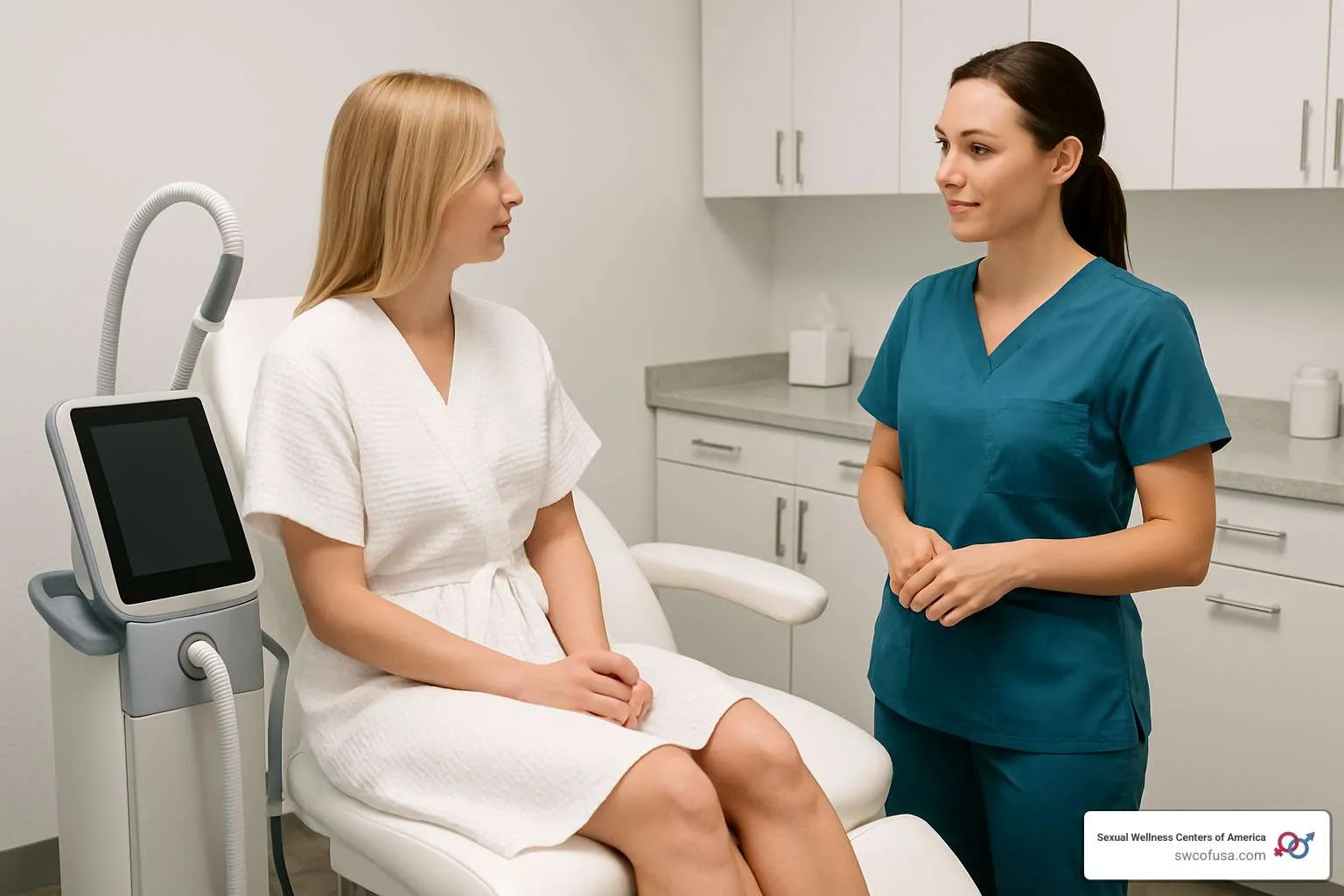An obstetrician-gynecologist, or OBGYN, is a physician specializing in female reproductive health, pregnancy, and childbirth. They provide a wide range of care throughout a person’s life, from adolescence to post-menopause. Seeing an OBGYN regularly can help you stay informed about your body and manage your reproductive well-being. These specialists provide guidance on a range of topics, from family planning to addressing specific health concerns that may arise.
How Do OBGYNs Support Fertility?
For individuals and couples planning to start a family, an OBGYN may be a valuable resource. They can provide preconception counseling, which involves discussing your health history, lifestyle, and any potential risks associated with pregnancy. This helps you prepare your body for a healthy pregnancy. Your doctor can also track your menstrual cycle and offer advice on timing intercourse to increase the chances of conception.
If you experience difficulties getting pregnant, an OBGYN is the first step in the evaluation process. They will perform initial tests to identify potential causes of infertility for both partners. Based on these findings, they can recommend treatments or refer you to a reproductive endocrinologist, an infertility specialist. They will support you through this process with information and clear next steps.
Which Screenings Are Recommended?
Preventive care is a cornerstone of women’s health. Your OBGYN provides routine screenings to detect health issues early, often before symptoms appear. These tests are tailored to your age, health history, and risk factors, helping you maintain long-term health. Regular check-ups create an opportunity to discuss your overall wellness.
Your OBGYN may recommend several screenings, including:
- Pap Test: This test checks for abnormal cells on the cervix that could lead to cervical cancer. It is typically recommended to start at age 21.
- HPV Test: The human papillomavirus (HPV) test can be done with a Pap test. It detects the presence of HPV, a virus that can cause cervical cell changes.
- Pelvic Exam: During a pelvic exam, your doctor checks your reproductive organs, including the uterus and ovaries, for any abnormalities.
- Breast Exam: A clinical breast exam is a physical check of your breasts by a health professional to feel for lumps or other changes.
- STI Screening: Your doctor can test for sexually transmitted infections based on your sexual history and any symptoms you may have.
These screenings are part of a comprehensive wellness plan. Your provider will discuss the results with you and explain what they mean for your health. Following the recommended screening schedule allows you to take a proactive role in your care.
How Do They Address Concerns?
An OBGYN is equipped to diagnose and treat a wide variety of conditions related to the reproductive system. If you experience symptoms like irregular periods, pelvic pain, or unusual discharge, your doctor can help determine the cause. They use your health history and a physical exam to begin their assessment.
After a diagnosis, your OBGYN will discuss treatment options with you. These could range from lifestyle adjustments and medications to minor procedures. They handle conditions such as endometriosis, uterine fibroids, ovarian cysts, and polycystic ovary syndrome (PCOS). Your provider offers guidance to help you manage your condition effectively.
Book an Appointment
Partnering with an OBGYN is a positive step toward managing your reproductive health. They offer personalized care that adapts to your changing needs through every stage of life. From routine check-ups to specialized care, these physicians are dedicated to your well-being. We encourage you to book an appointment with a qualified OBGYN to discuss your health and create a personalized care plan.





Leave a Reply